M Govinda Rao
This is Budget time again and expectations are rife on how the government plans to deal with a variety of challenges that have emerged in recent times.
The Reserve Bank of India's analysis of macroeconomic developments and the third-quarter monetary policy review bring out the various policy challenges in both monetary and real sectors of the economy and it is expected that the Budget will provide a strategy to deal with them.
A number of new threats to sustaining high growth rates have emerged and the Budget will have the difficulty of restoring people's confidence.
The finance minister has to formulate this year's Budget against the background of a difficult macroeconomic environment.
The inflation rate, unlike in the past, has not moderated during the winter months and is stubbornly inflexible downwards.
. . .
Budget: Managing deficit the key issue
Image: Finance Minister Pranab Mukherjee.The rising food and fuel prices have not only been a major cause of rising prices, but have also severely impacted the living conditions of the poor.
The twin problems of large fiscal and current account deficits remind us of the difficult times in the early 1990s.
An uneven global recovery, continued buoyancy and high demand for imports have raised the current account deficit to an unsustainable level of about 3.7 per cent of gross domestic product.
Industrial growth has shown a moderation in the last four months to an average of 6.5 per cent and the tight liquidity conditions have not helped matters.
The expos of several scams and the Parliament logjam have done little to infuse confidence among people.
. . .
Budget: Managing deficit the key issue
Image: Montek Singh Ahluwalia, Dy Chairman, Planning Commission.In addition to the challenge of infusing confidence, the finance minister has to give clear signals to the economy for ensuring stable and sustained growth in the Budget.
Fiscal consolidation tops the agenda and he has to follow the path charted by the 13th Finance Commission.
Besides setting fiscal targets, the Commission has stipulated several conditions to make the fiscal responsibility and Budget management process comprehensive and transparent, sensitive to shocks and to ensure improved monitoring and performance of the process and targets.
The largesse from the spectrum auction has ensured that the fiscal deficit actually improves upon the 2010-2011 Budget estimates in spite of higher-than-budgeted subsidy payments.
. . .
Budget: Managing deficit the key issue
Image: Pranab Mukherjee.In part, this could be due to higher nominal gross domestic product estimates arising from higher-than-expected inflation.
However, it will be not be easy to conform to the Finance Commission's target of containing fiscal deficit at 4.8 per cent of GDP in 2011-12.
Similarly, in the case of revenue deficit, although the Budget estimates for 2010-11 at 4 per cent of GDP are higher than the Finance Commission's target (3.2 per cent), higher non-tax revenues from the spectrum auction are likely to make it conform.
But in 2011-12, it is going to be a Herculean task unless the tax revenues show significantly higher buoyancy or revenue expenditures are significantly compressed.
On the revenue expenditure side, it will be difficult to maintain even at the same level as a ratio of GDP.
. . .
Budget: Managing deficit the key issue
There is no low-hanging fruit anymore.
Raising wages of the National Rural Employment Guarantee Act workers by 20 per cent is likely to increase the outlay substantially.
There are demands for higher allocation for food security, and increase in oil subsidies will be unavoidable even as partial adjustment of prices of motor spirit and high-speed diesel have been introduced from time to time.
Fertiliser subsidy reforms have remained a difficult area and a nutrient-based subsidy without decontrolling urea prices is meaningless.
On the revenue side, the goods and services tax reform has yet to take off. Ideally, it would be wise to expand the base of service tax by taxing all services with a short negative list.
. . .
Budget: Managing deficit the key issue
As a rationalisation measure, it is important to review the list of exemption in central excise, convert the specific levies on items like tea, molasses and cement into ad valorem and unify the tax rates.
Taxing items such as breakfast cereals or biscuits, cakes and pastries at a lower rate of 4 per cent does not help the cause of equity but complicates the tax system.
These measures would help in the eventual transition to GST.
In fact, it may even be desirable to evolve a GST at the manufacturing stage as I had suggested in my earlier columns -- this could be done through uniform threshold and rate for goods and services at, say, Rs 50 lakhs (Rs 5 million).
The most important reform on the revenue side will have to be an administrative reform and it should strengthen the information system. In all our tax reform exercises, administrative reforms have never been a priority and taking this up now will also help the GST.
. . .
Budget: Managing deficit the key issue
We have seen the benefits of introducing the tax information network, which is estimated to have increased the buoyancy of income tax from 1.2 to 1.5.
Last year, the initiative to improve the information system on excise duty was taken and, surely, this is one of the factors contributing to the high growth of indirect taxes until October 2010.
Focusing on tax administration reforms, besides enhancing revenue productivity, will improve equity and reduce the burden on the formal sector.
The sharp upsurge in food prices can be attributed to both unseasonal rains and poor supply management.
Though the official position continues to place unflinching faith in the dilapidated public distribution system to protect the vulnerable, the experience has repeatedly shown its incapacity.
The problem is when the prices of some food items stabilise, others go out of control and the only way to deal with the problem is to have a structured reform of the sector to enable higher investments that would increase productivity.
. . .
Budget: Managing deficit the key issue
Photographs: Sanjay Sawant.
Of course, both the Centre and states have to do this but the forthcoming Budget should initiate reforms in this area.
The 13th Finance Commission has imposed several conditionalities to make the FRBM process transparent and comprehensive, sensitive to shocks and improve monitoring and compliance.
The list of requirements is large.
The commission wanted to transform the medium-term fiscal plan from a statement of intent to a statement of commitment.
Most importantly, the commission has made an important recommendation of setting up an independent Fiscal Council with legislative backing to review and monitor the fiscal consolidation process.

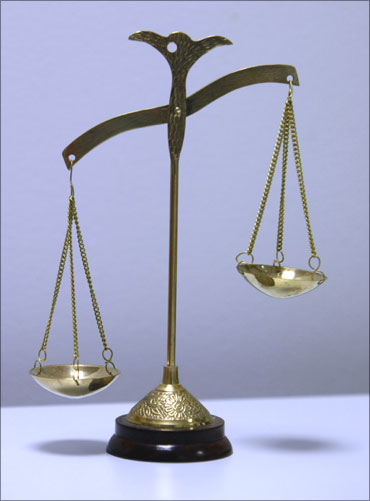
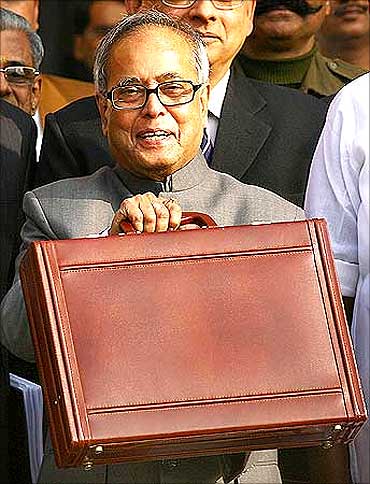
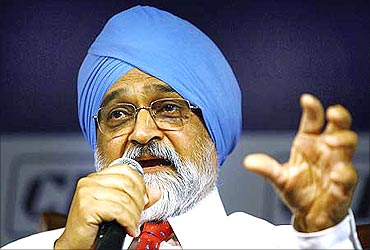
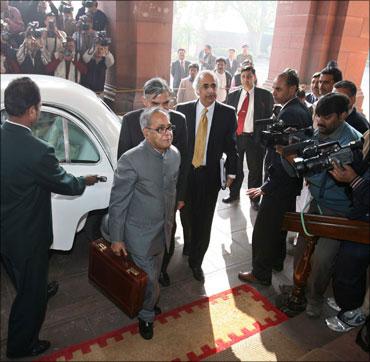


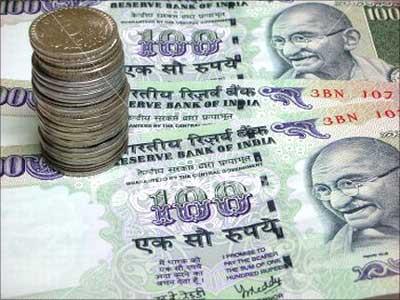
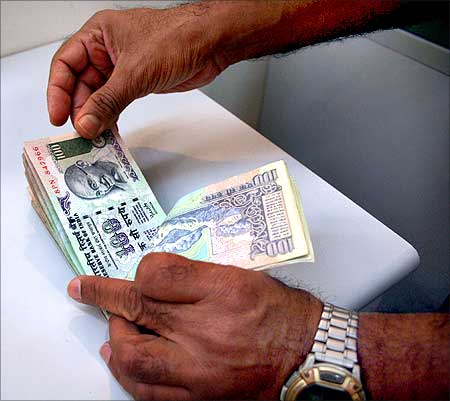

article